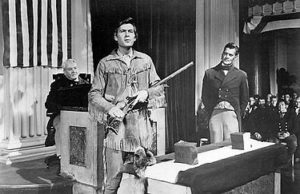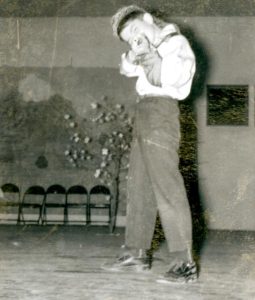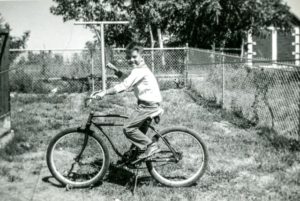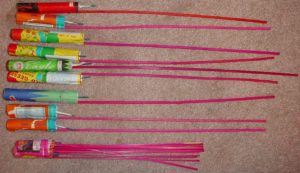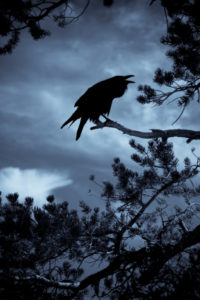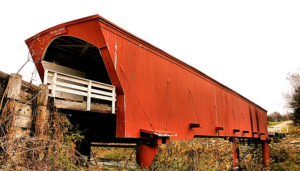IKEA for writers? What could the international home furnishing chain possibly offer writers except for maybe an Utespelare desk, a Hattefjall chair, or a Roodflik lamp? Lots, it turns out, if you tap into the IKEA dictionary.
I think the quirky and almost unpronounceable (for an English-Canadian like me) names in the unofficial dictionary are a treasure trove of ideas for slipping foreign words here and there into your writing, whatever that may be; satire, mystery, humor, romance, fantasy/sci-fi, comedy, and even poetry.
What’s the IKEA dictionary you ask? Well, here’s the opening from the website Lar5.com/ikea/index/html:
Part of what makes IKEA unique is their product names. Each name means something, often in a funny or ambigious way. When IKEA went international, they decided to use the same Swedish names everywhere. This makes sense from an organizational sanity standpoint, but it deprives most of the world of this particular joy.
Until now!
IKEA product names fall into a few main groups.
❞ Proper Swedish words.
❞ Improper Swedish words. IKEA laughs at the ‘rules’ of human language!
☺☺ First names. Mostly Swedish, some Scandinavian, occasional exotic names.
✖Geographical names. Swedish, Danish, Norwegian or Finnish. Yes, there are patterns. Here is a map of all 320 places
★ A few names that defy categorization.
? Mystery names I haven’t figured out… Currently 130 out of 1362 names.
We’ll have some Sveedish fun with IKEA names in a moment and maybe build a 25-piece junk drawer starter set using only surplus IKEA specialized fasteners and their unique tools. First, let’s look at who this IKEA guy is.

IKEA is huge. There are 470 stores worldwide, employing 219,000 people, and having a 2023 income of over 51 billion USD. They are privately held so no market cap figure is known—possibly five times gross revenue. Maybe 250 billion?
Ingvar Kamprad founded IKEA in 1943. He had a one-person business in Smaland, Sweden where he personally built practical and affordable home furnishings. As Kamprad grew and franchised his business, he retained control of the designs and the product names. It appears Kamprad had a good sense of humor. How about these IKEA product names:
Fartfull — Means “speedy” in Swedish and it’s a children’s workbench.
Jerker— Means nothing but it’s tagged on a line of desks.
Knappa — Means “button” and it’s fitting for a cardboard camera.
Duktig — Means “clever” and it’s appropriate for creative toys.
Hassleklocka — Means “witch hazel” and belongs on a floral duvet cover.
Let’s page through the IKEA dictionary and build some interesting combinations of nouns, verbs, adjectives, and adverbs. How about this tray of Swedish meatballs?
Hessum. Agnaryd, Charmor. Ekarp. As in, “He was a hessum agnaryd with a charmor ekarp.”
Jubilar. Magasin. Orrlott. Ringum. As in, “She was always a jubilar magasin devoid of orlott ringum.”
Skribent. Ung. Vistofta. Pax. As in. “They are nothing more than skribent ung passing off as vistofa pax.”
You get the bild. (That’s Swedish for “picture”.) And if you’re wondering what IKEA means in Swedish. I dug this up:
IKEA is an acronym that stands for “Ingvar Kamprad Elmtaryd Agunnaryd.” The name comes from the founder of the company, Ingvar Kamprad, who started IKEA in Sweden in 1943. “Elmtaryd” refers to the farm where he grew up, and “Agunnaryd” is the name of his hometown in Småland, southern Sweden. The name reflects the company’s roots in the Swedish countryside.
Kill Zoners — Plunge into the IKEA dictionary, haul out some words, and make a sentence. Go ahead and be kreativ.


